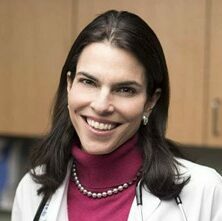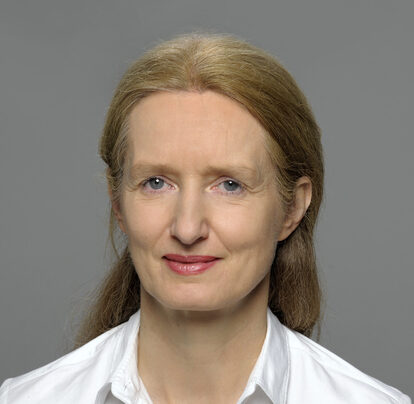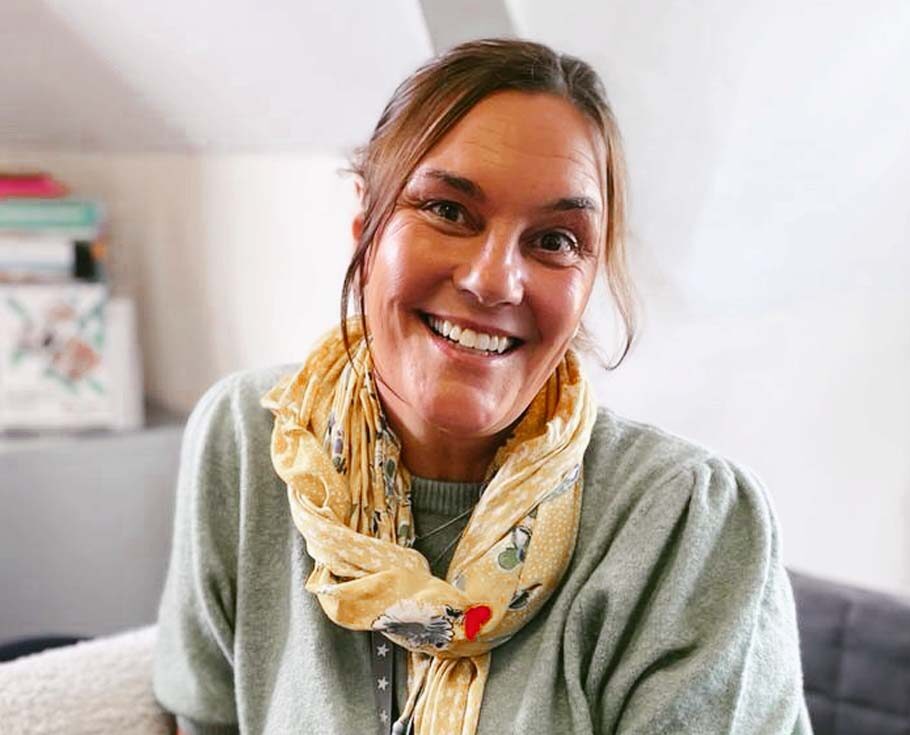touchMDT Advancing the multidisciplinary management of rare and unusual NETs: Integrating new approaches to treatment and care
Watch leading specialists involved in the multidisciplinary care of patients with rare and unusual neuroendocrine tumours discuss new and emerging approaches for diagnosis and treatment.
Overview & Learning ObjectivesPatient with neuroendocrine tumour
Medical Oncologist, Nuclear Medicine Physician and Endocrinologist
Watch leading specialists from the MDT discuss the diagnostic workup and challenges associated with diagnosing rare and unusual NETs.
Expert Spotlight
Dr Diane Reidy-Lagunes, Dr Thomas Hope and Prof. Dr med. Marianne Pavel discuss the challenges in diagnosing patients with rare and unusual NETs, and the importance of referral to a specialist unit to ensure patients receive the appropriate diagnostic workup for a timely and accurate diagnosis.
Learn more Back to MDT HubMedical Oncologist, Nuclear Medicine Physician and Endocrinologist
Watch leading specialists from the MDT discuss the importance of a coordinated approach to clinical decision making in a patient with a lung NET.
Expert Spotlight
Dr Diane Reidy-Lagunes, Dr Thomas Hope and Prof. Dr med. Marianne Pavel discuss the case of a female patient who presents with a lung NET and the factors guiding treatment selection, together with emerging treatment options for patients with lung NETs.
Learn more Back to MDT HubMedical Oncologist, Nuclear Medicine Physician, Nurse Specialist
Watch leading specialists from the MDT discuss the side effects associated with treatment in a patient with liver-dominant disease and the importance of addressing patient needs in ensuring adherence to treatment.
Expert Spotlight
Dr Diane Reidy-Lagunes, Dr Thomas Hope and Ms Catherine Bouvier Ellis discuss the case of a patient with a liver-dominant NET of unknown primary origin, and the importance of managing patient expectations regarding long-term treatment and adverse event management.
Learn more Back to MDT HubMedical Oncologist, Nuclear Medicine Physician, Endocrinologist, Nurse Specialist
Watch leading specialists from the MDT discuss the role of monitoring in identifying disease progression, and review the current and emerging treatment options for a patient with a pancreatic NET.
Expert Spotlight
Dr Diane Reidy-Lagunes, Dr Thomas Hope, Prof. Dr med. Marianne Pavel and Ms Catherine Bouvier Ellis, discuss the current and emerging treatment options for a patient with a well-differentiated pancreatic NET who now presents with progressive disease.
Learn more Back to MDT Hub





